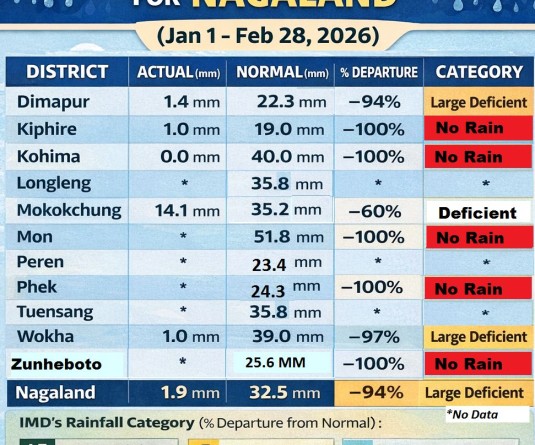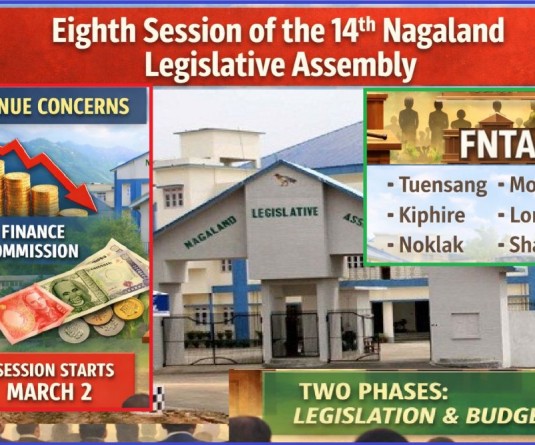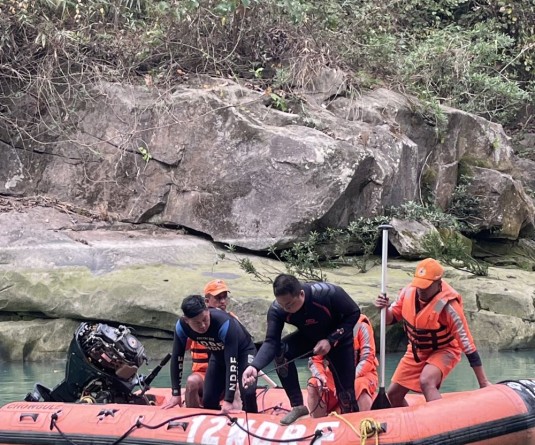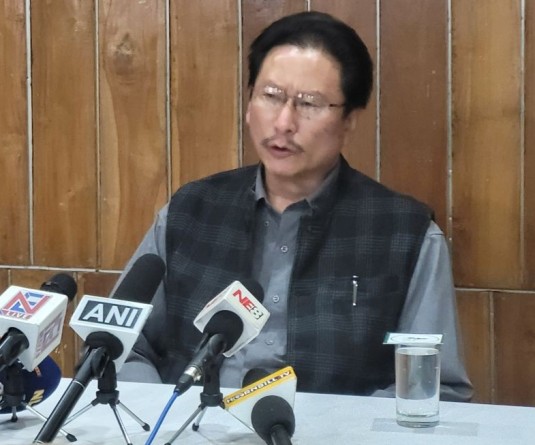
Morung Express News
Dimapur | March 13
Elected through a people’s mandate, the Nagaland Legislative Assembly (NLA) should focus on being people centric. This is one among the suggestions given by an important section of society—the women—not represented, by gender, in the 12th NLA as it embarks on its first session today. The Morung Express asked some of them to suggest to the MLAs what they ought to deliberate as they embark on their five-year journey of governance.
“Our representatives have travelled extensively last month to villages of their respective constituencies,” says Seno Tsühah, Program Manager at the North East Network in Nagaland, an avid food and women’s rights activist. “They have seen, felt and interacted with the ground reality. Now it is time to reflect, deliberate and table all this in the house for positive tangible change that will benefit the people,” she reflects. For her, the party manifesto now needs to be translated into action, and the right to safe drinking water, health, food, education, roads, and public transport to be fulfilled.
Assuring rights to basics compliments with questions on how to take peace forward. “In what way will the now-dissolved Joint Legislator’s Forum (JLF) be taken forward? This has to be deliberated on,” stresses lawyer and rights activist Ayo Jajo Aier. She feels this to be an essential component of promises made that should also contemplate an alternative form of electoral practice that is less damaging to Naga society. “The agenda should also be to think of alternative forms of development that utilize resources as well as distribute wealth in an egalitarian manner,” she views.
Indeed, though this will not be possible without a strong opposition to the ruling. “Without a good opposition, the ruling government will get a free hand. But how strong will the opposition be when young entrants also want to be part of the ruling government?” asks Rosemary Dzüvichü, professor at Nagaland University. For her, many issues need to be tabled. “One third of the MLAs are new—will they broach gender sensitive issues? With regards education, everything is in a mess. More than 3000 teachers have been selected, and second month into school, they are still waiting to be recruited. Lokayuktas have been set up in other states but notice the money game played during elections; there is no accountability mechanism in this state. All these need to be brought on agenda,” she expounds.
What needs to be brought into the agenda too, and discussed more openly, is the right that women have (or not) in Naga society. “Poverty among women is acute and men do not see the poverty of women,” voices Phutoli Chang who, through the Eleutheros Christian Society (ECS), has been working with the people of Tuensang since 1993.
“The assembly should discuss how far men want women to participate in politics. Women should be empowered to negotiate with men across the table. For this, legal, economic and emotional empowerment is necessary,” she says.
As well as professional planning to “put the house in order”, as Director of Sisterhood Network and professor at Oriental Theological Seminary, Alongla Aier puts it. “Professional planning is required to provide for basics: road, water and electricity. Besides, a holistic change will come only when there is an open dialogue on women’s issues,” she conveys. In this, she says, the church should act as a “beacon of light” and stand by when biblical principles are strong.
How strong these principles are, or are reflected in the next five years, are open to debate. It leads elders like Neidunuo Angami to put the perspective in place. “They should first reflect on the unfair election that has taken place. It was like a game of gambling. This should be reflected on inside and outside the assembly first of all,” she states with finality.






